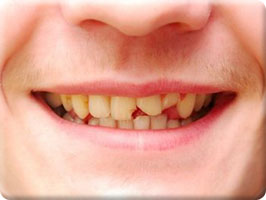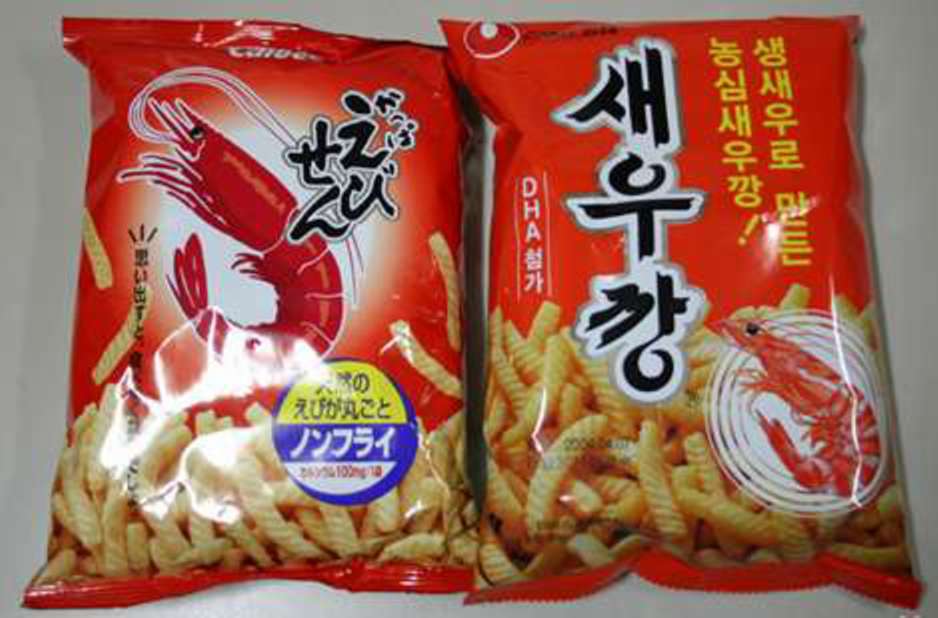A Dunedin woman having a bite to eat at her parent’s house says she nearly threw up when her chips bit back.
The woman was munching her way through the crumbs at the bottom of a packet of Eta Ripple-cut spring onion-flavoured potato chips when she bit down on something hard.
 Thinking it was a chip, she bit down harder.
Thinking it was a chip, she bit down harder.
As she told The New Zealand Herald, “When I couldn’t crunch it, I spat it out and saw it was tooth. I thought it was one of my teeth so I looked in the mirror, but it wasn’t one of my teeth and I felt a bit queasy.”
The 22-year-old woman, who did not want to be identified, said the experience had left her feeling “a bit sick” and had put her off chips for a while.
Her mother said the partial tooth appeared to be from an adult molar.
A spokesman for manufacturer Griffins said yesterday the woman should contact the company.
The woman said yesterday she was still not sure if she would lodge a complaint.

 three packets of chips in the supermarket.
three packets of chips in the supermarket. decided not to shut the store down.
decided not to shut the store down. A consumer in North Chungcheong Province reportedly bought a 400g Noraebang Saewookkang pack on Feb. 18. The buyer found a 16mm-long material with hair inside the pack and reported it to the company.
A consumer in North Chungcheong Province reportedly bought a 400g Noraebang Saewookkang pack on Feb. 18. The buyer found a 16mm-long material with hair inside the pack and reported it to the company.